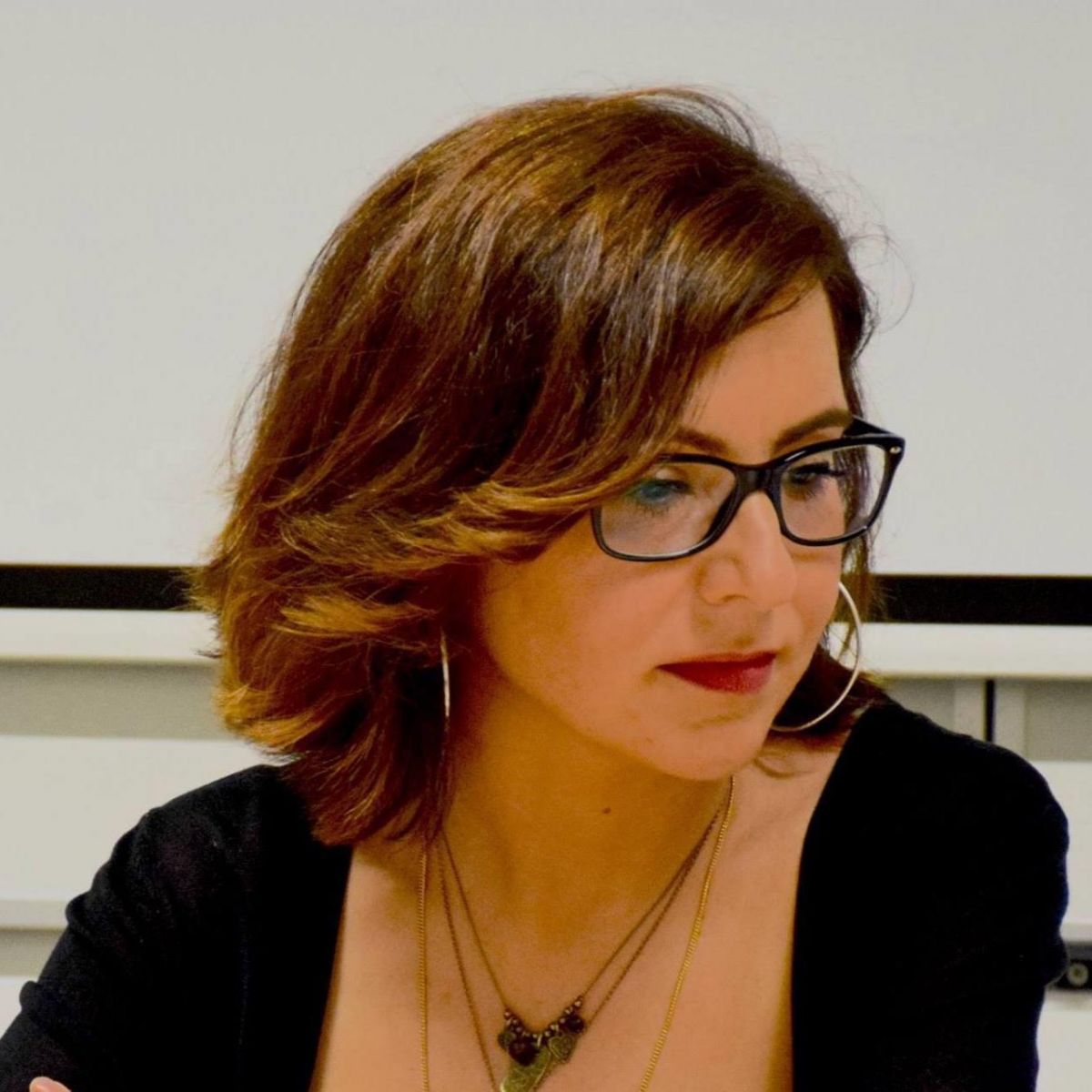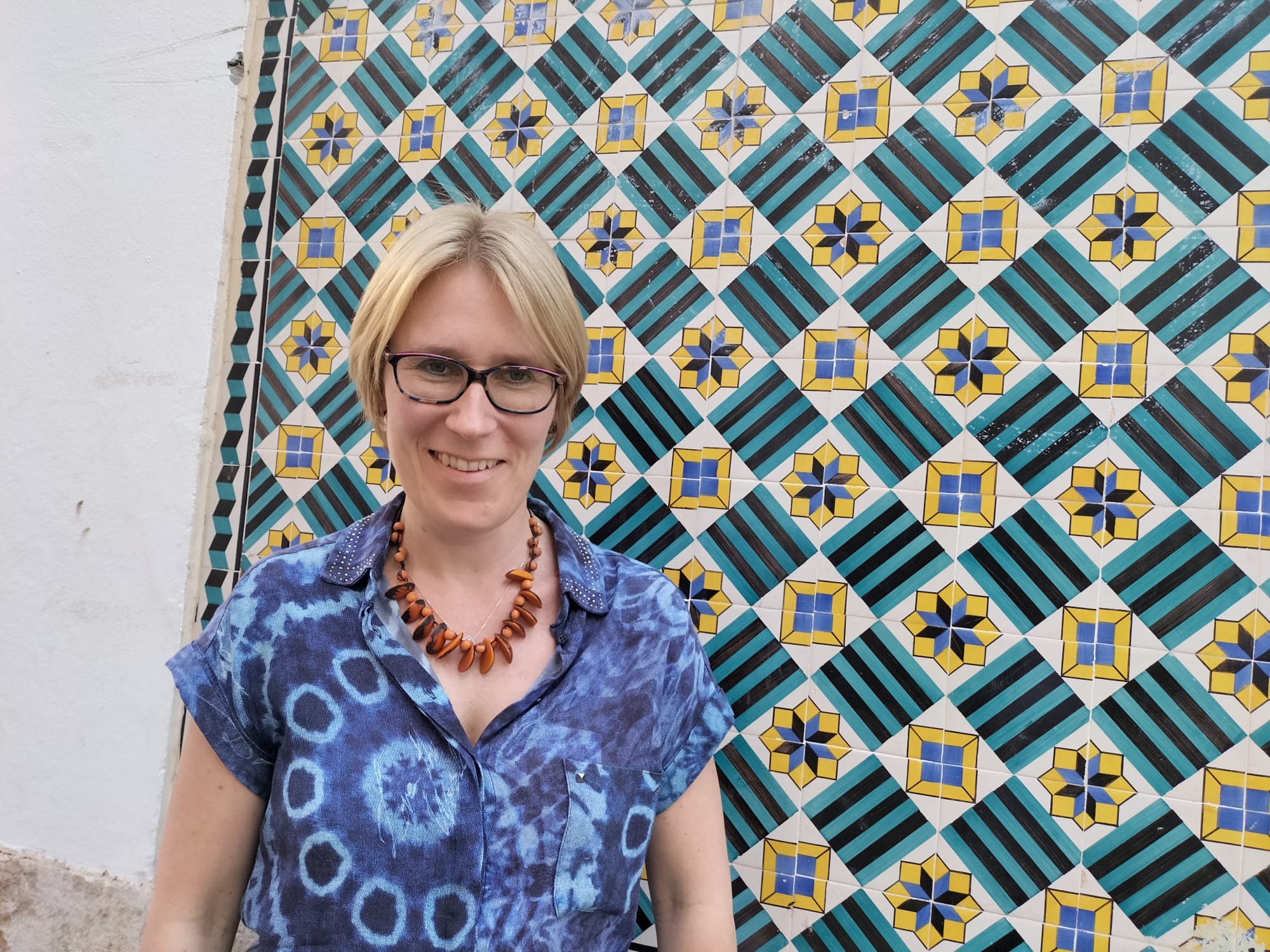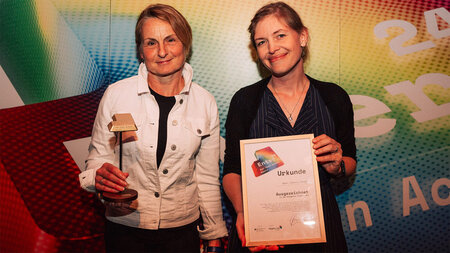Conferências principais
The April 25 Revolution: from memory competition to mnemonic solidarity
Elsa Peralta (Centro de Estudos Comparatistas, Universidade de Lisboa)
In a book published in 2021, Jie-Hyun Lim and Eve Rosenhaft introduced the concept of "mnemonic solidarity" as a scholarly and political program for navigating the complexities of historical memory in a globalised world. Their central question is how it is possible to find a common ground for articulating past grievances in ways that are productive for the future. They argue that the thawing of Cold War ideologies facilitated cross-cultural dialogue on historical memory, intertwining the Holocaust, Stalinist terror, and colonial trauma into an interconnected global memory discourse. This convergence has empowered voices from both the global South and positions within the global North to participate in conversations on the intersectionality of the (post)colonial past and present. Yet, if the global memory formation has contributed to historically marginalised voices becoming increasingly heard on their own terms, it has also introduced heightened mnemonic competition, posing challenges to fostering meaningful dialogue and exchange between memory communities. Based on this analytical framework, this lecture aims to examine the memory of the Portuguese Revolution of April 25, 1974, and reflect on how it can be invigorated to move beyond performative nationalism towards a usable narrative of a shared past capable of generating positions of solidarity for the future in the fraught historical present in which we live.
Elsa Peralta, PhD in Anthropology (University of Lisbon, 2006), is a Senior Researcher (FCT-CEEC) at the Centre for Comparative Studies (CEComp), School of Arts & Humanities, University of Lisbon, and an Associate Researcher at the Institute of Social Sciences (ICS), also of the University of Lisbon, Portugal. Her work draws on crossed perspectives from anthropology, memory studies, cultural studies and postcolonial studies and focuses on postcolonial cultures, memories, and identities. At Cecomp, she coordinates the CITCOM Research Group: Citizenship, Culture and Memory and the Research line Legacies of Empire and Colonialism in Comparative Perspective. She is also the lead researcher on the FCT project Constellations of Memory: a multidirectional study of migration and postcolonial memory. Her most recent works include The Retornados from Portuguese Colonies in Africa: Narrative, Memory, and History (Routledge, 2022) and with Nuno Domingos, Legacies of the Portuguese Colonial Empire: Nationalism, Popular Culture and Citizenship (Bloomsbury, 2023). Aside from authored and edited books and several academic papers and chapters, she was also the curator of the exhibitionReturn – Traces of Memory, produced by the City Council of Lisbon.

Elsa Peralta, Fotografia de Miguel Cardina
Em vez de revolução – desilusão. O lado sombrio da Revolução dos Cravos na perspetiva africana
Doris Wieser (Universidade de Coimbra, Centro de Literatura Portuguesa)
Cravos para todos? Infelizmente não. É esta a conclusão a que chegam alguns textos e filmes africanos que abordam as guerras de libertação, o seu fim e as independências dos atuais países africanos de língua oficial portuguesa. Para mostrar a quem os cravos não chegaram, começarei por falar da coleção de contos Quando os cravos vermelhos cruzaram o Geba, de Tony Tcheka, para depois abordar, de forma mais breve, outros exemplos literários e cinematográficos em que africanos não beneficiaram da Revolução dos Cravos e das suas consequências. Trata-se de textos que têm uma visão inesperada dos acontecimentos históricos, pois mostram como o 25 de Abril e as declarações de independência semearam mais medo do que alegria em certos grupos sociais da população africana, transformando a revolução portuguesa ou as independências em desilusão. Alguns coletivos não ganharam a liberdade, tais como os veteranos guineenses do exército português ou os imigrantes cabo-verdianos em Portugal (em Tony Tcheka e Pedro Costa, respetivamente). Noutros textos, capta-se um sentimento de descolonização demasiado rápida (por exemplo, em João Paulo Borges Coelho e Olinda Beja). O objetivo da conferência é mostrar como estas obras questionam as narrativas de vitória homogeneizadoras, revelando as suas fraturas e os lados obscuros e recuperando memórias reprimidas do arquivo do esquecimento.
Doris Wieser é Professora Auxiliar da Faculdade de Letras da Universidade de Coimbra, membro do Centro de Literatura Portuguesa, e doutora em Literaturas Ibero-românicas pela Universidade de Göttingen. Foi assistente na Universidade de Göttingen; investigadora de pós-doutoramento com bolsa da Fundação Alexander von Humboldt, na Faculdade de Letras da Universidade de Lisboa; e Investigadora FCT no Centro de Estudos Comparatistas, da Faculdade de Letras da Universidade de Lisboa. Entre 2017 e 2021, coordenou o projeto “Identidades nacionais em diálogo. Construções de identidades políticas e literárias em Portugal, Angola e Moçambique (1961-presente)” (IF/00654/2015). Trabalha nas áreas das literaturas africanas de língua portuguesa e das literaturas latino-americanas. Publicações recentes: Organização do número especial da revista Portuguese Literary & Cultural Studies (University of Massachusetts Dartmouth) com o título “Viver e escrever em trânsito entre Angola e Portugal. Entrevistas e ensaios”, 2024. Coorganização, com Francisco Topa, do livro: Em busca de todas as áfricas do mundo: homenagem a Pires Laranjeira, 2023.

Doris Wieser





